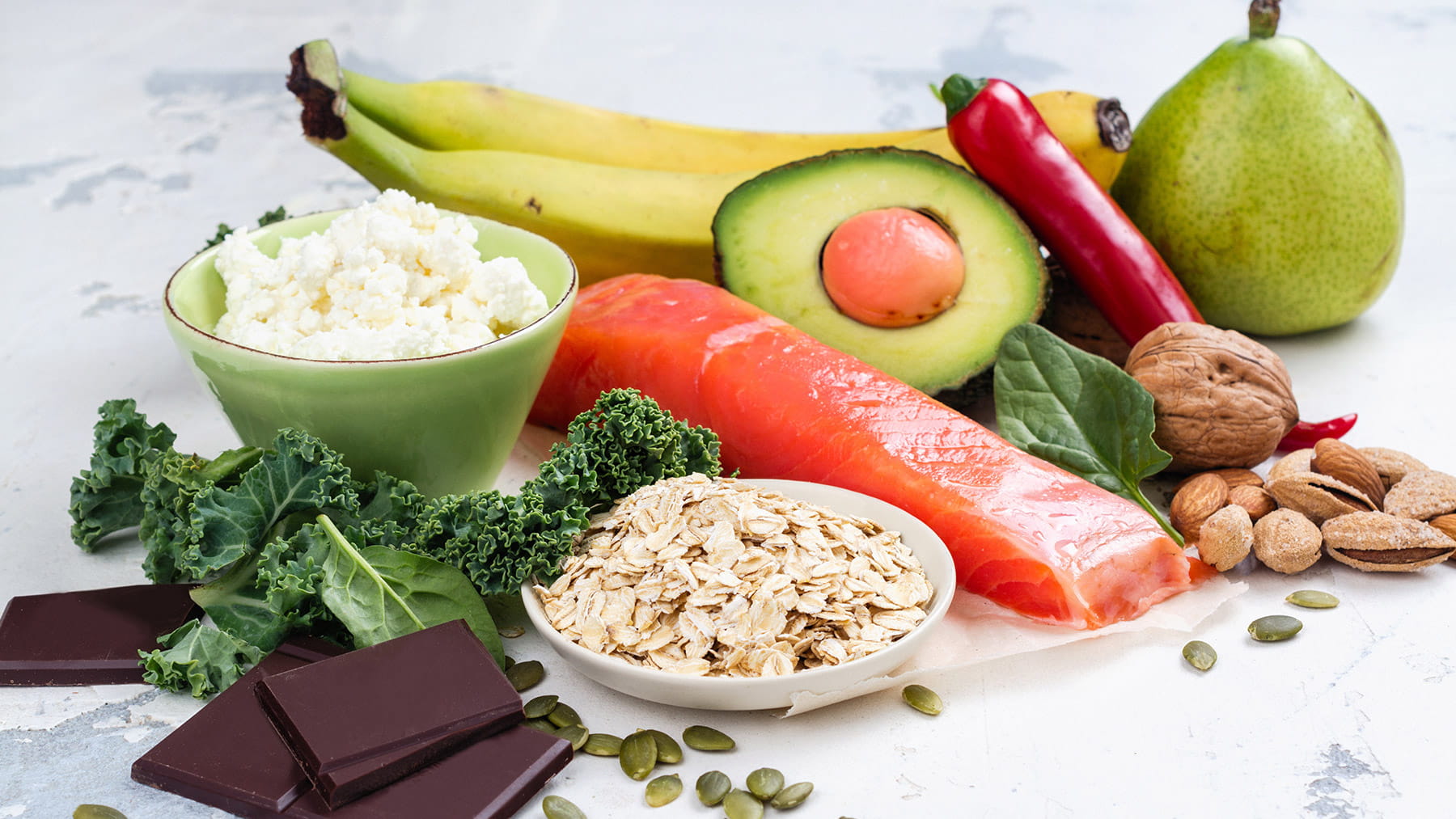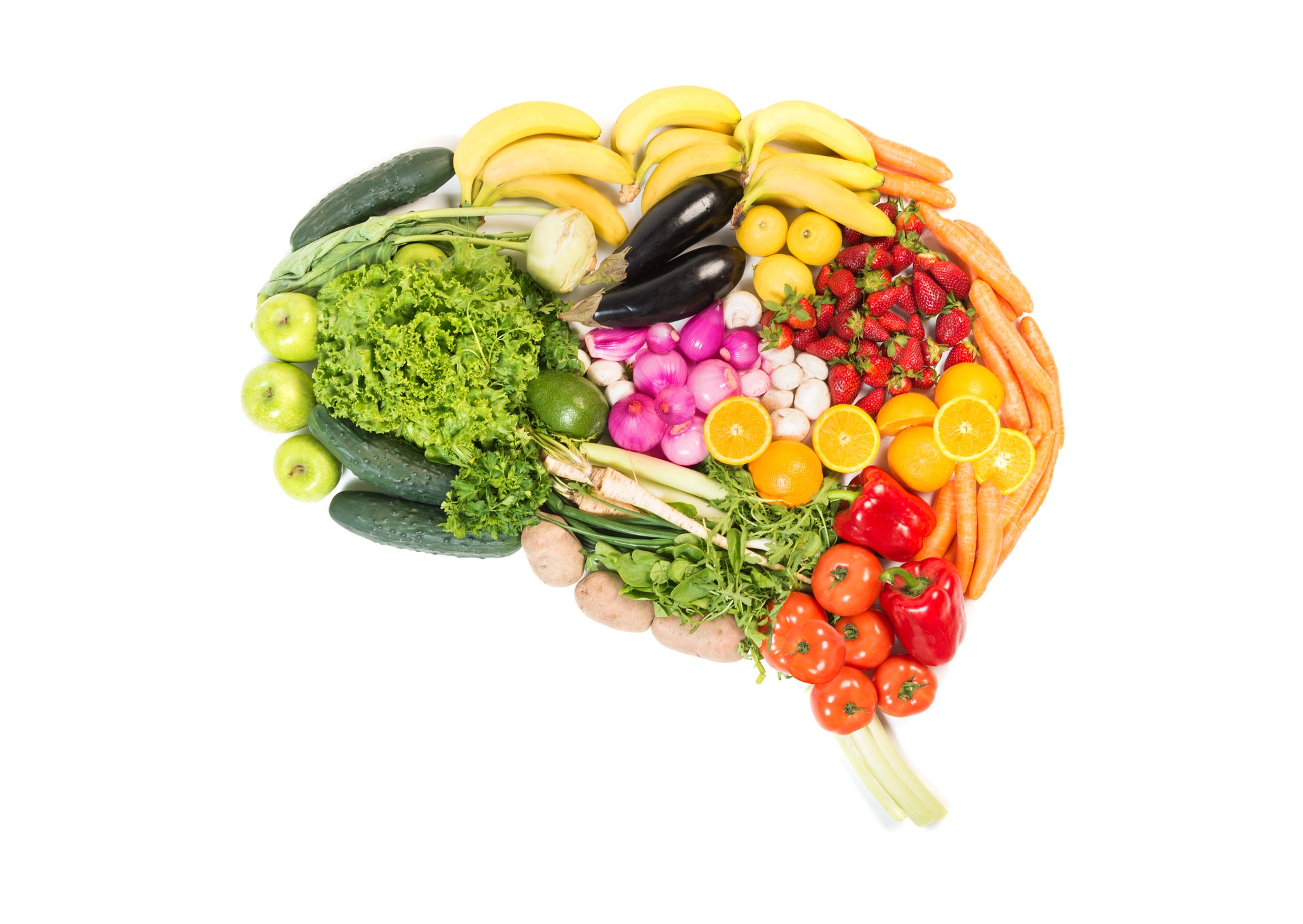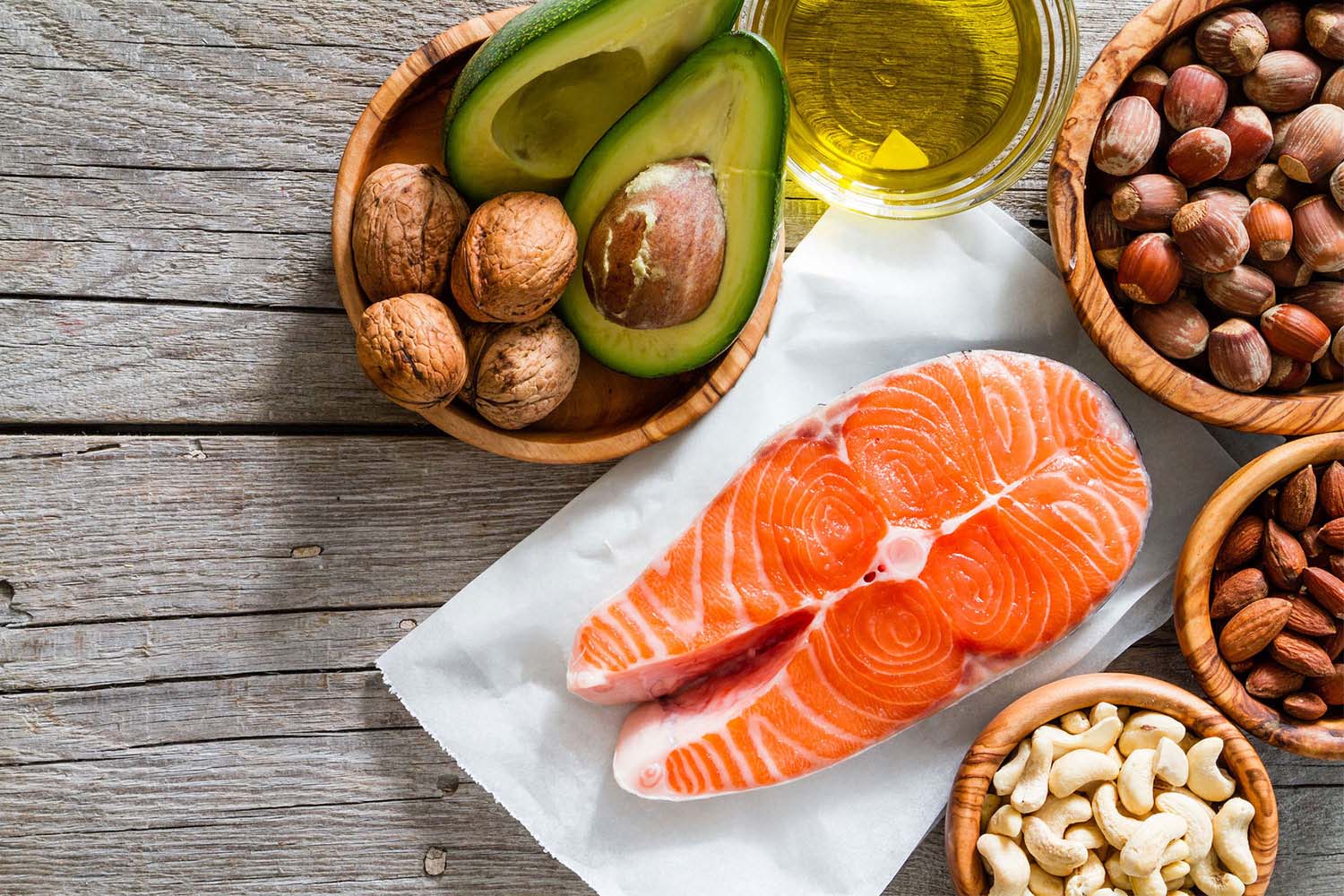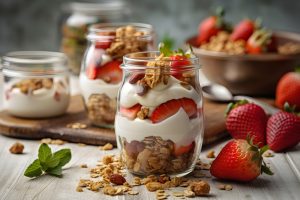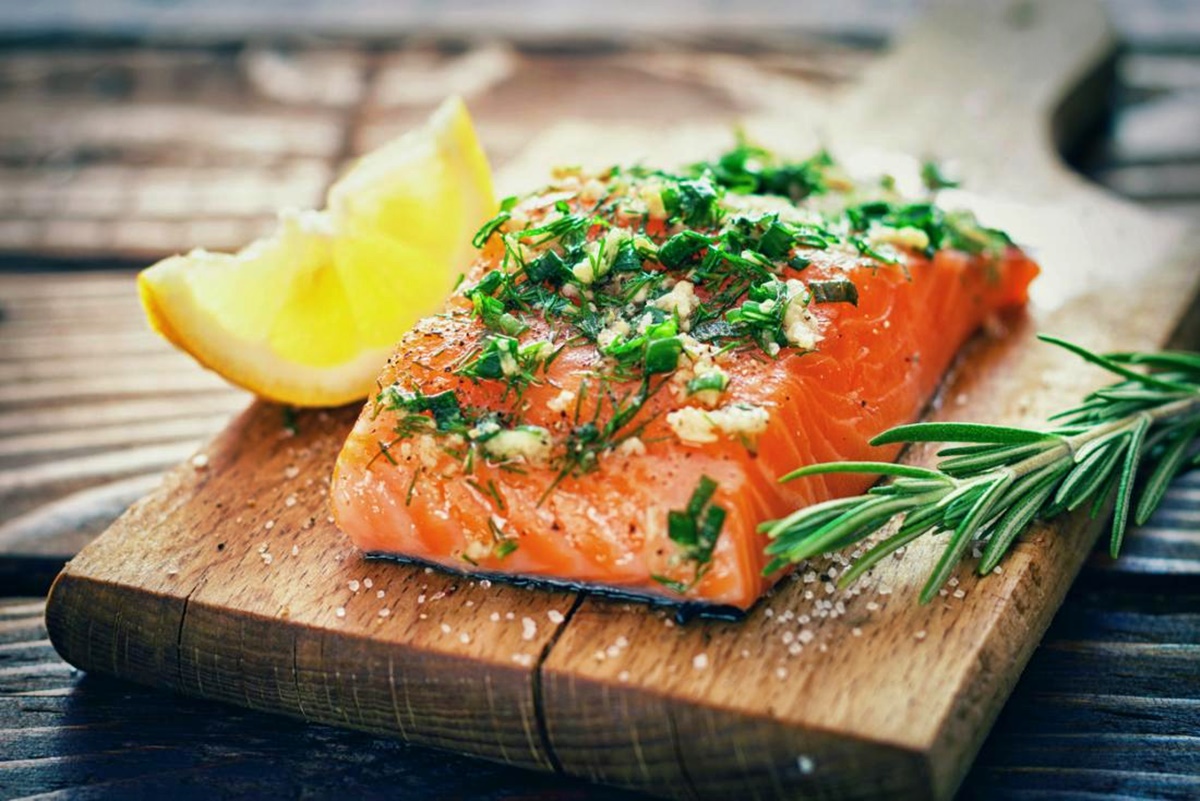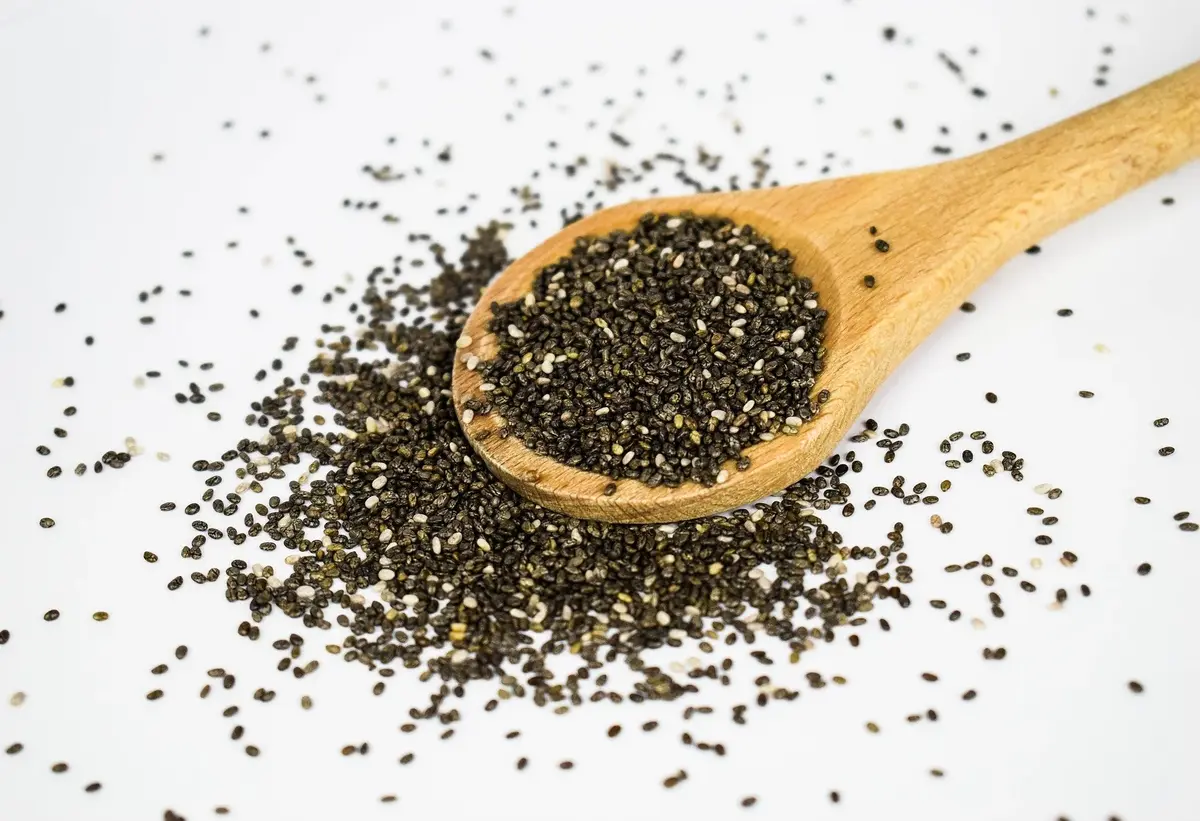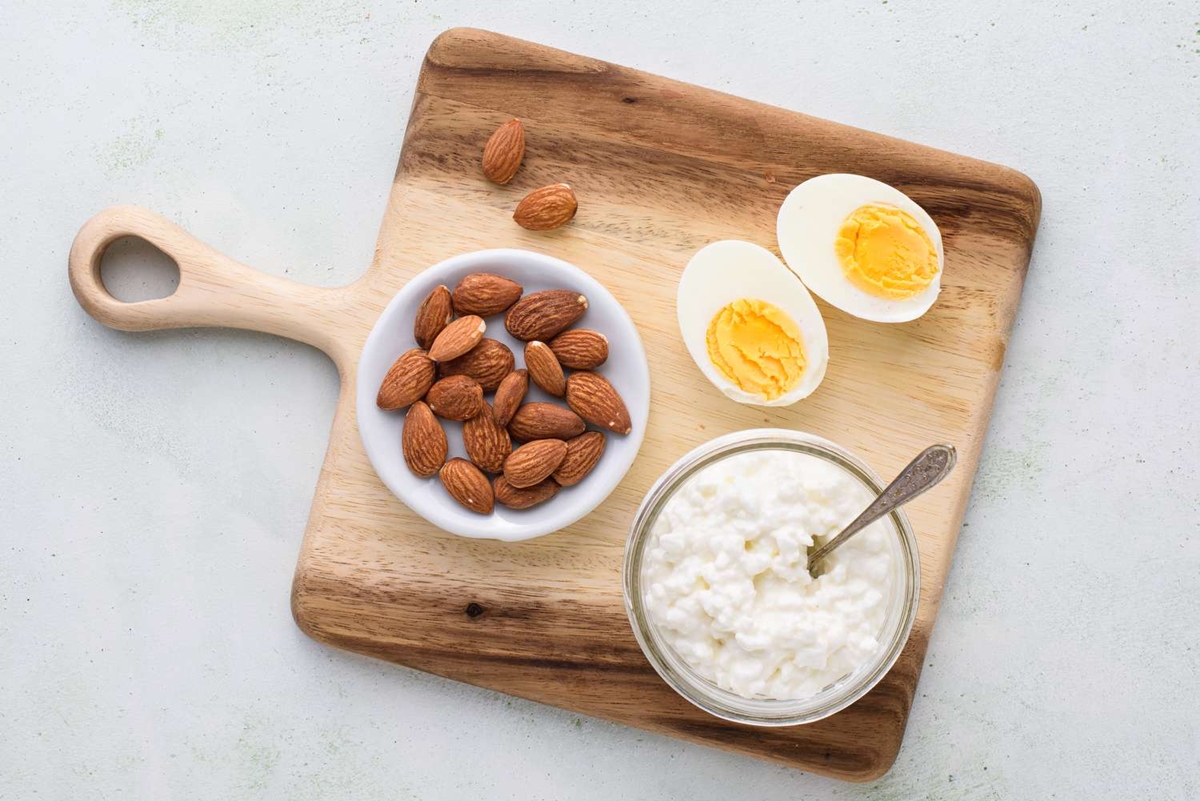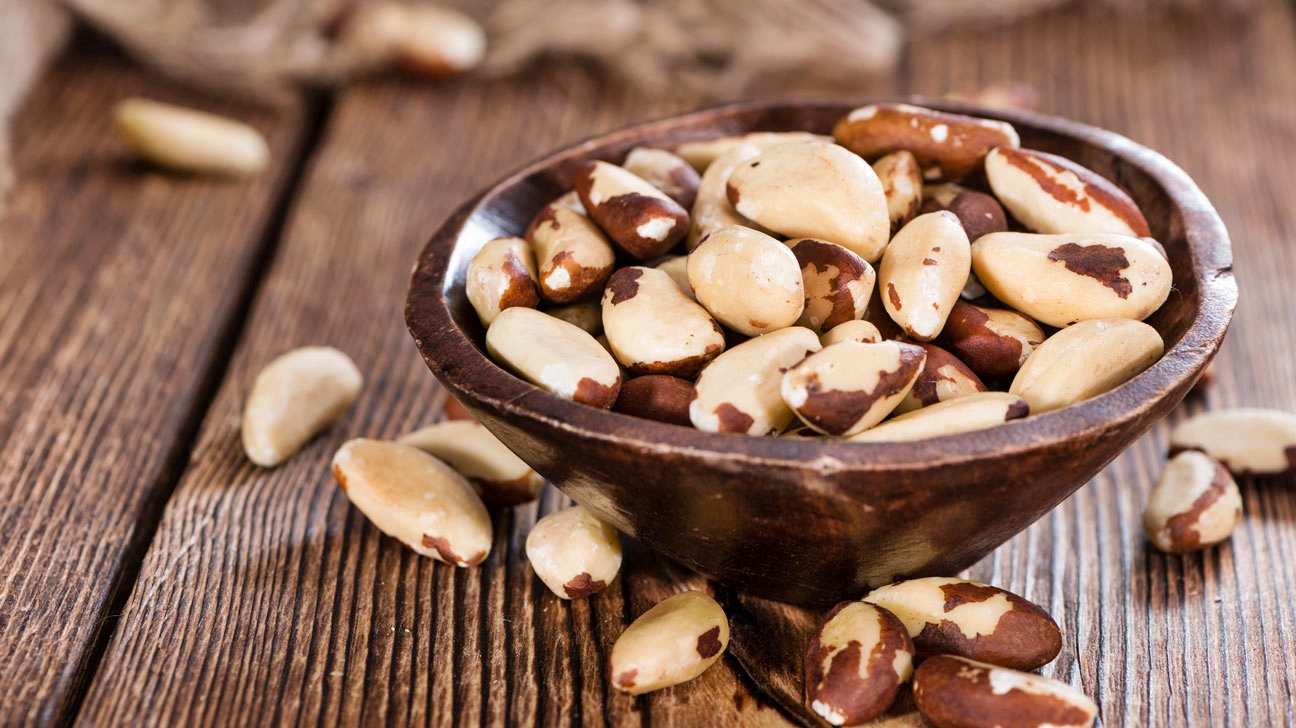How Your Diet Can Impact Your Brain Function
When it comes to optimizing your brain function, what you eat plays a crucial role. The food you consume provides the nutrients necessary for your brain to function at its best. By making mindful choices about your diet, you can support your cognitive abilities and overall brain health.
Essential Nutrients for Brain Function
Several key nutrients are essential for optimal brain function. These include:
- Omega-3 fatty acids: Found in fatty fish, flaxseeds, and walnuts, omega-3 fatty acids are crucial for brain health and cognitive function.
- Antioxidants: Fruits and vegetables rich in antioxidants, such as berries, spinach, and kale, help protect the brain from oxidative stress.
- B vitamins: Foods like whole grains, eggs, and leafy greens provide B vitamins that support energy production in the brain.
- Vitamin E: Nuts, seeds, and leafy greens are excellent sources of vitamin E, which has been linked to a reduced risk of cognitive decline.
- Protein: Lean sources of protein, including poultry, fish, tofu, and legumes, provide amino acids that are the building blocks of neurotransmitters, the brain’s chemical messengers.
Brain-Boosting Foods to Include in Your Diet
Incorporating the following brain-boosting foods into your diet can help support optimal brain function:
- Fatty fish such as salmon, trout, and sardines are rich in omega-3 fatty acids, which are essential for brain health.
- Blueberries are packed with antioxidants that may delay brain aging and improve memory.
- Leafy greens like spinach, kale, and collard greens are high in vitamin E and folate, which are important for brain health.
- Broccoli is a great source of antioxidants and vitamin K, which is known to enhance cognitive function.
- Walnuts contain high levels of DHA, a type of Omega-3 fatty acid that has been shown to improve brain function.
- Dark chocolate with a high cocoa content is rich in antioxidants and caffeine, which can improve focus and concentration.
Brain-Draining Foods to Limit
On the flip side, there are certain foods that can have a negative impact on brain function. It’s best to limit or avoid the following:
- Processed foods: These often contain high levels of unhealthy fats, sugar, and additives that can impair cognitive function.
- Sugary drinks: Beverages high in sugar can lead to inflammation and oxidative stress in the brain.
- Trans fats: Found in fried and processed foods, trans fats have been linked to an increased risk of cognitive decline.
- Excessive alcohol: Heavy drinking can lead to memory problems and other cognitive issues.
- Highly refined carbohydrates: Foods like white bread, pastries, and sugary snacks can lead to fluctuations in blood sugar levels, impacting cognitive function.
The Importance of Hydration
Staying properly hydrated is also essential for optimal brain function. Dehydration can impair short-term memory, focus, and decision-making abilities. Aim to drink plenty of water throughout the day and include hydrating foods such as cucumbers, watermelon, and oranges in your diet.
Conclusion
By making conscious choices about the foods you consume, you can positively impact your brain function and overall cognitive health. Incorporating brain-boosting foods rich in essential nutrients while limiting brain-draining foods can help support optimal brain function. Remember to stay hydrated and maintain a balanced diet to nourish your brain and support your cognitive abilities for the long term.
